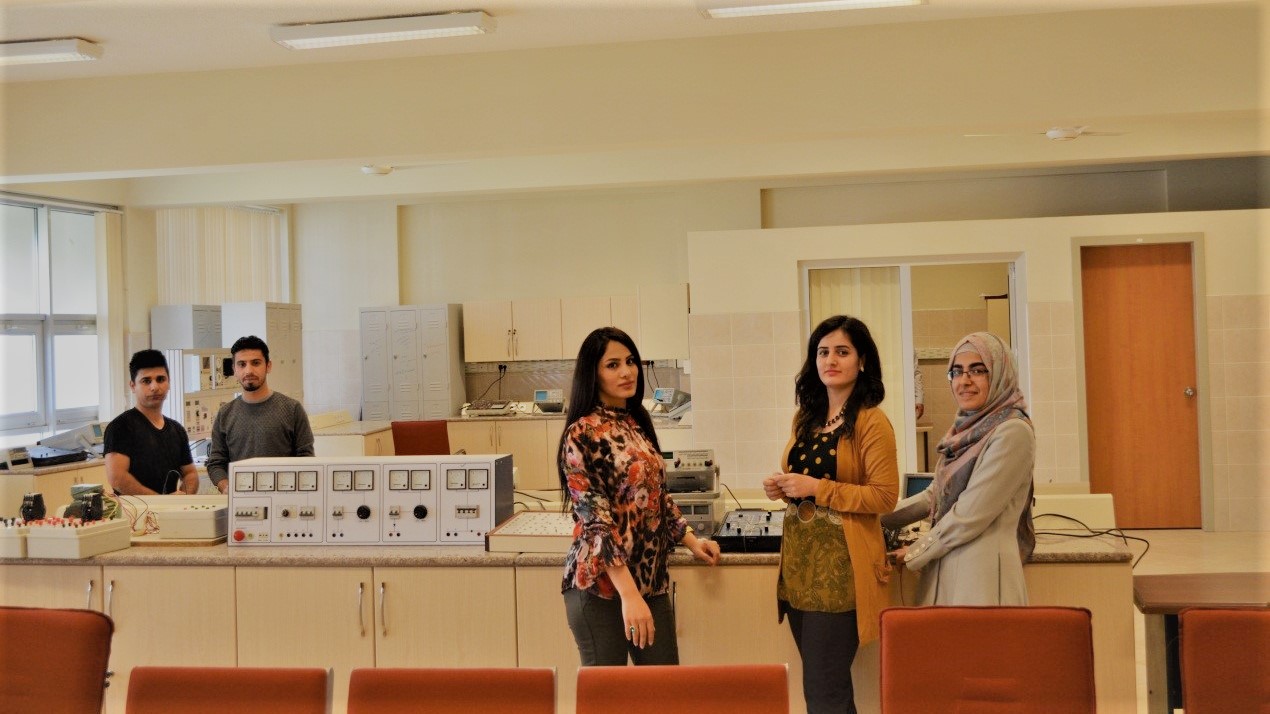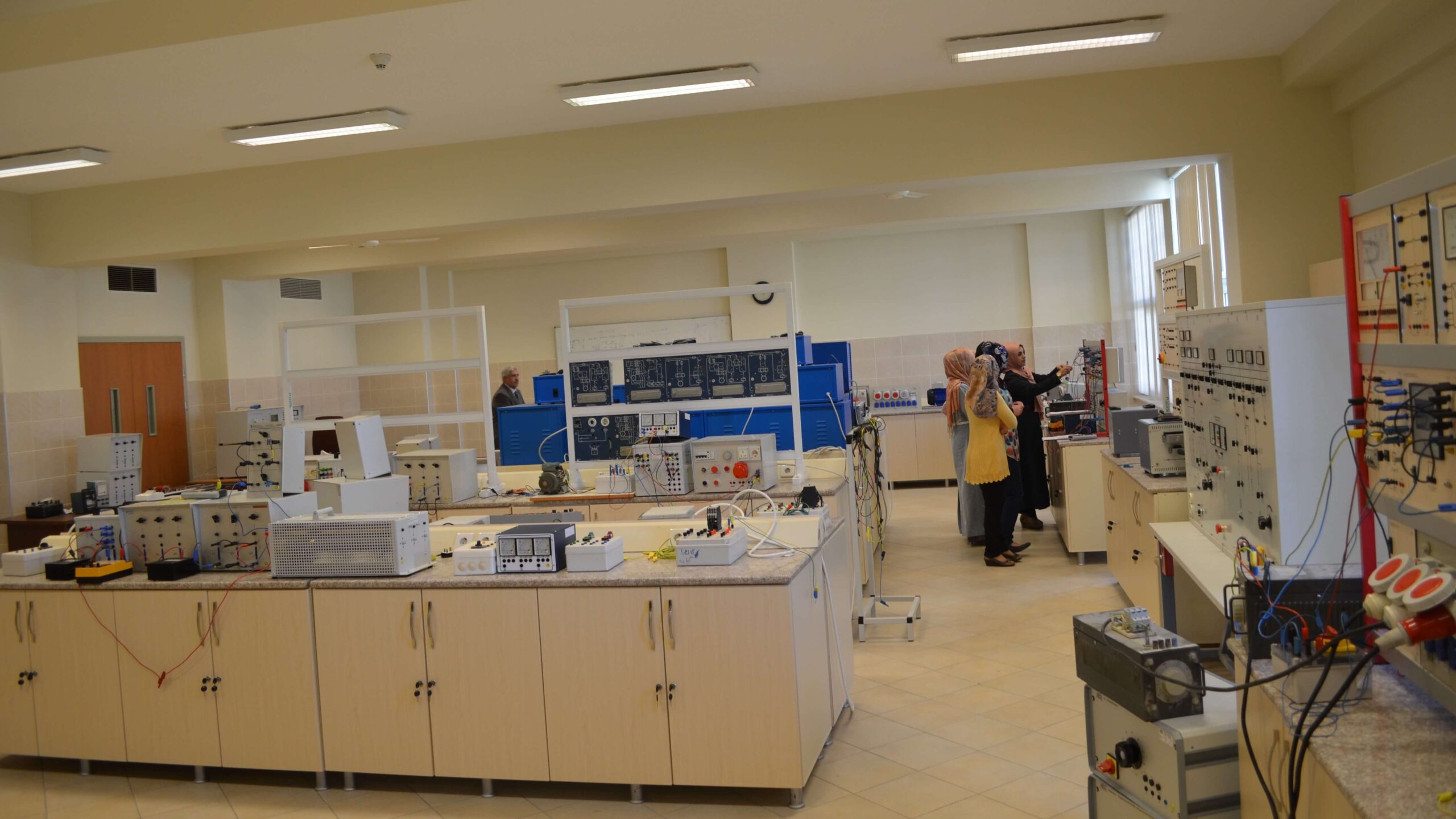A reflection to the city’s development and needs
The Department of Electrical Engineering is a dynamic and forward-looking field that combines tradition with innovation. Our academic programs are continuously evolving to meet the ever-changing needs of the city and its industries. As students in our department, you will be the driving force behind tomorrow’s innovations, eagerly embracing new knowledge and ready to tackle the challenges that lie ahead.
Many of our graduates have gone on to make significant contributions to the local industry, working in large factories and leading development companies. Their expertise and skills have helped shape the technological landscape of our region.
Established in 1974, the Electrical Engineering department has a rich history, although it experienced a temporary closure in 1981 due to political reasons. However, in 2004, we proudly reopened the department and began accepting students once again. Our undergraduate program leads to a Bachelor of Science (BSc.) degree in Electrical Engineering, which is completed over four years of intensive study. The program is designed to provide students with a well-rounded education in all areas of electrical engineering, rather than specializing in a specific field. However, for those interested in specialization, we offer postgraduate studies in power, communications, and control.
To support our students’ learning journey, our department boasts 11 well-equipped laboratories covering various areas such as power, machines, communications, electronics, computers, and control. These laboratories are integral to our curriculum, offering hands-on experiences and practical applications of the theoretical concepts learned in class. In total, we offer 21 laboratory courses, providing extensive opportunities for experimentation and skill development.
As part of our commitment to international standards, all courses, textbooks, and lectures in our department are conducted in English. This ensures that our graduates are well-prepared to thrive in a globalized and interconnected world, with the ability to communicate and collaborate effectively in an international context.
Join us in the Department of Electrical Engineering, where tradition meets innovation, and become part of a vibrant community of learners and creators. Together, we will shape the future of the industry and make a lasting impact on our region.

The Department of Electrical Engineering is dedicated to delivering high-quality instruction that aligns with the latest challenges and developments in electrical engineering education. Our primary goal is to develop future leaders who will drive innovation and excel in the factories and industries of our region.
To achieve this, we leverage the expertise of our highly skilled staff and combine it with the advanced technology available in our laboratories. This dynamic combination allows us to provide students with a practical and research-oriented approach to learning.
By staying at the forefront of technological advancements and research trends, we ensure that our students receive the most relevant and up-to-date education in electrical engineering. Through hands-on experiences in our laboratories, students have the opportunity to apply their theoretical knowledge and develop practical skills that are highly valued in the industry.
By emphasizing the integration of advanced technology and research skills, we aim to equip our students with the necessary tools to become future leaders in the electrical engineering field. Our graduates are well-prepared to make significant contributions to the factories and surrounding industries, leading the way in technological advancements and driving growth and innovation.
